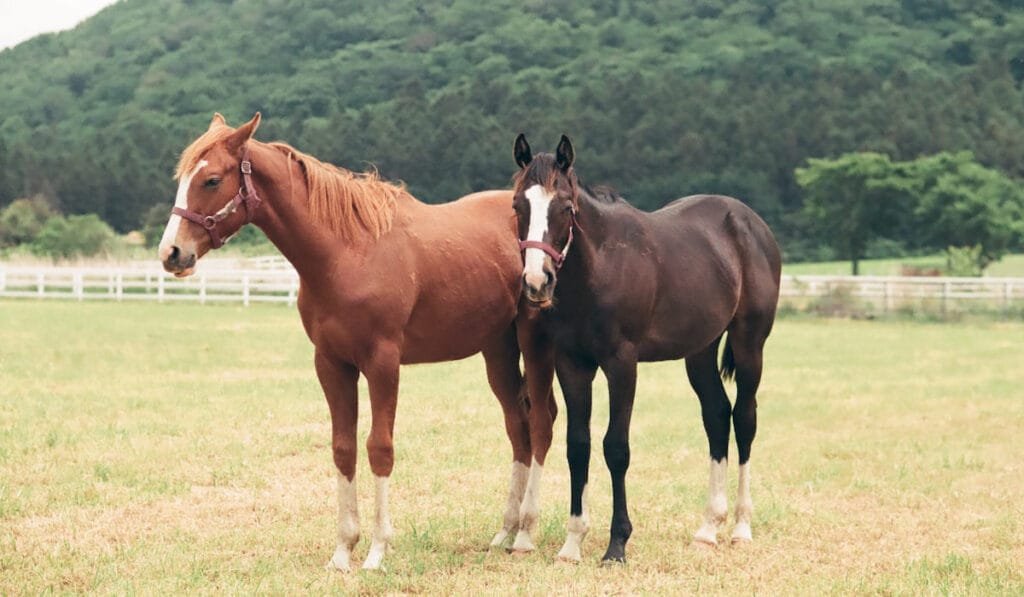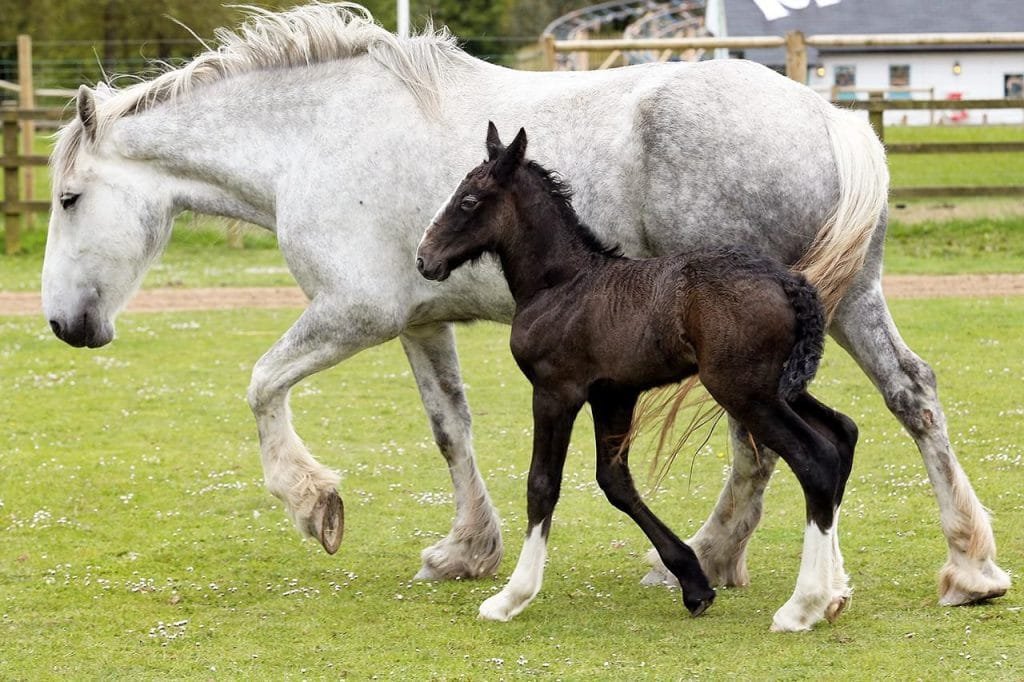Horse Age-Related Health Concerns
As horses age, Understanding these age-related health concerns is essential for horse owners, caregivers, and enthusiasts. This article will explore common health issues that older horses face, how to identify them, and tips for ensuring a healthy, happy life for your aging equine companion.
Common Health Issues in Older Horses
1. Dental Problems
One of the most significant age-related health issues in horses is dental problems. As horses age, their teeth wear down, and they may develop issues such as:
- Wolf Teeth: Extra teeth that can cause pain and difficulty chewing.
- Floating: The process of filing down sharp edges on the teeth, which may be needed more frequently in older horses.
- Tooth Loss: Missing teeth can make it hard for horses to eat properly, leading to weight loss and nutritional deficiencies.
Tip: Schedule regular dental check-ups with an equine veterinarian to catch any dental issues early.
2. Weight Management
Older horses often struggle with weight management. They may lose weight due to dental issues or a decrease in appetite. Conversely, some horses may become overweight if they are less active.
- Underweight: Signs include a visible ribcage and a sunken appearance. This may indicate dental problems or underlying health issues.
- Overweight: Look for excessive fat deposits, especially around the neck and abdomen.
Tip: Monitor your horse’s body condition score regularly and adjust their diet and exercise accordingly.
3. Joint Health
As horses age, their joints can wear down, leading to conditions like arthritis. Older horses may show signs of stiffness, lameness, or reluctance to move.
Tip: Regular exercise, joint supplements, and maintaining a healthy weight can help manage joint health. Consult with your veterinarian for personalized recommendations.
4. Metabolic Disorders
Older horses are at a higher risk of metabolic disorders, such as Equine Metabolic Syndrome (EMS) and Cushing’s disease (PPID). These conditions can lead to severe health issues, including laminitis.
- Symptoms: Look for signs such as excessive thirst, frequent urination, and abnormal fat distribution.
Tip: Regular veterinary check-ups can help detect these issues early. Blood tests can be particularly helpful in diagnosing metabolic disorders.
5. Skin Conditions
Skin conditions are common in older horses, partly due to a weakened immune system. Older horses may be more prone to:
- Fungal Infections: These can cause itching and hair loss.
- Sarcoids and Tumors: Growths can appear on the skin as horses age.
Tip: Keep an eye on your horse’s skin health and consult a veterinarian if you notice any unusual lumps, bumps, or lesions.

Mental Health and Behavioral Changes
In addition to physical health issues, older horses may experience mental health changes. Cognitive decline can lead to anxiety, confusion, and changes in behavior.
1. Equine Cognitive Dysfunction (ECD)
Similar to dementia in humans, ECD affects an older horse’s memory and awareness. Signs may include:
- Disorientation
- Changes in sleep patterns
- Decreased responsiveness
Tip: Providing a consistent routine and mental stimulation through training and social interaction can help keep your horse mentally engaged.
2. Social Needs
Older horses may become more solitary or anxious, especially if they lose companions. It’s important to maintain social interactions, either with other horses or through human companionship.
Tip: Keep your horse in a social environment to support their emotional well-being.
Nutritional Needs of Older Horses
Feeding an older horse requires special attention to ensure they receive the nutrients necessary for maintaining health.
- High-Quality Forage: Ensure they have access to high-quality hay or pasture.
- Senior Feeds: These are formulated to provide essential vitamins and minerals that older horses may require.
- Supplements: Consider adding supplements for joint health, digestion, and overall well-being.
Tip: Consult with an equine nutritionist to tailor a diet that meets your horse’s specific needs.




